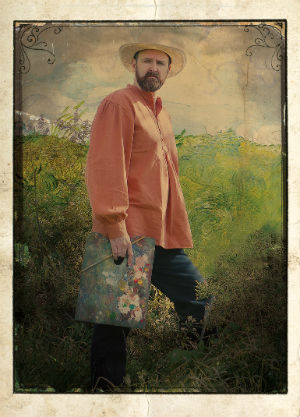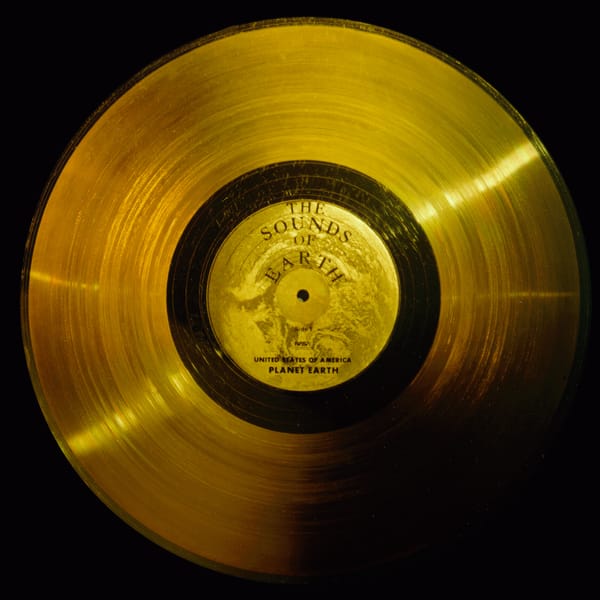
He was a zealous Evangelical preacher, a surrogate father to the children of a whore, a lover of wheat fields, an artist...but above all else, Vincent van Gogh was a misunderstood man with an unbridled passion for love of all kinds. So says his disabused brother Theo in Starry Night Theater Company's production of Leonard Nimoy's Vincent, directed by Brant Pope, now showing at Barrington Stage Company's St. Germain Stage through December 31. The one-man show features James Briggs (who is also Starry Night's artistic director) as Theo van Gogh, and is part eulogy, part confession, and part historical overview. Through more than 500 letter written by Vincent to his benefactor and brother, we learn of the artist's early years as a preacher among poor miners in Belgium, where a young, evangelical Vincent slept on a straw mat and lived in poverty as his parishioners did. We also learn, through his soul-struck accounts, that the troubled artist had a deep faith in doomed love of all sorts; he kept house with a prostitute acting as a father to her two young children, he put all his efforts into nurturing the art of Paul Gauguin, neglecting his own work and rising fame, and, as the story always goes, he succumbed to the troubles of his fragile but brilliant mind. The account is heartbreaking, and Briggs, whose physical stature is a far cry from the presumed diminutive figure of Theo, employs a tone of pleading indignation at the way he and the world have treated his beloved brother. Unlike Nimoy's rendering of the two brothers in his original run from 1978 to 1981, Briggs' inflection remains unchanged as he vacillates between renderings of the two brothers, first playing the grieving Theo, then on to Vincent. The effect of his steady, somewhat high-strung voice is twofold: it serves to emphasize the brotherly connection between the two characters and, more importantly, to convince the audience and all who might hear Theo's pleas that Vincent van Gogh was by far a madman. Sick, yes, very much so, and made sicker by the rumors spread by his neighbors and supposed friends, but mad, certainly not. “I'm not going to ask you to believe that he was perfect,” Theo says. “He was far from perfect and he seemed to thrive on failure...He never allowed himself to believe that he had accomplished anything!”

To drive the point of the artist's genius home, a giant canvas at center stage, reflects images of Vincent's well- and lesser-known masterpieces including his earlier sketches of coal miners and boat scenes as well as several of the more than 100 paintings of the corn fields and gardens surrounding the hospital in St. Remy, where the master committed himself for the last 70 days of his existence, before a fatal, self-inflicted bullet wound to the chest at the age of 37 (in 1890), ended his painting frenzy and his life. The gorgeous slide show is made more poignant by the music — a selection of works that includes the sad, singular notes of piano compositions by Erik Satie, yet another tortured contemporary of van Gogh's. One brother's eulogy quickly transforms into a family requiem, when, at the very end of the play we learn that just six months after Vincent's suicide, the ever-devoted Theo joined his beloved elder brother in death. —Nichole DupontVincentWritten by Leonard Nimoy and directed by Brant Pope (presented by Starry Night Theater Company) will run through December 30, 2012. Tickets are $30. Barrington Stage Company's St. Germain Stage 36 Linden Street Pittsfield, MA 01201 (413) 236-8888








